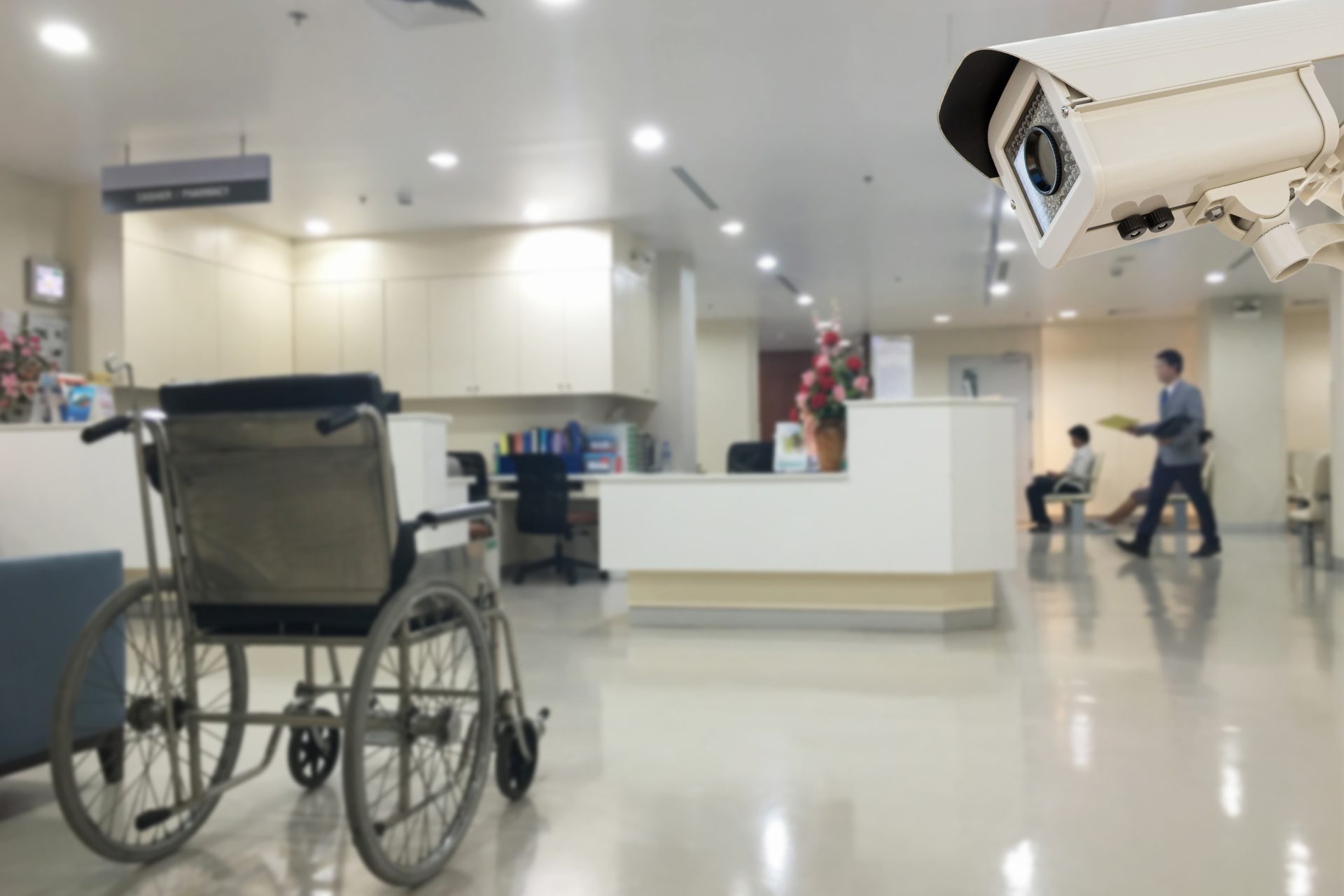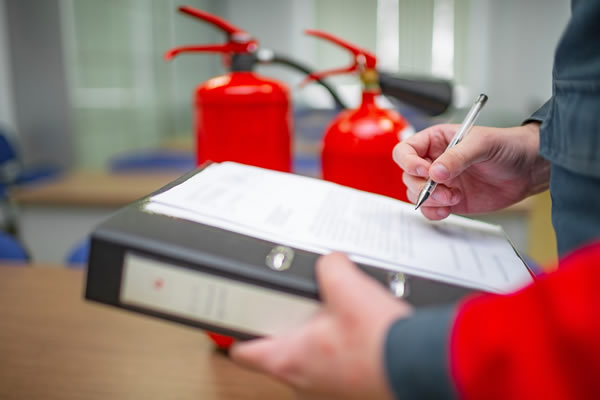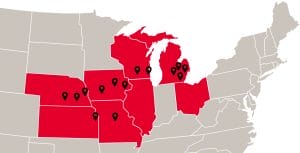
4 Measures You Can Take to Boost Hospital Security
Violence can happen anywhere – movie theaters, schools, even churches – and healthcare organizations and hospitals are no exception. In fact, the CDC notes that the rate of violent acts and nonfatal assaults in the healthcare and social assistance industry is substantially higher than that in the private industry as a whole. Keep reading so that you are empowered to stay on top of your hospital security.
Jason Berenstein, Director of Security at Oakland Regional Hospital, says that violent acts are, unfortunately, a sign of the times. “Everyone in a hospital needs to be prepared for the worst,” he says. Gail Blanchard-Saiger, the Vice President of Labor and Employment at the California Hospital Association, says that as hospitals are open twenty-four hours a day, seven days a week, security and law enforcement in hospitals can be quite a challenge.
Lost in the headlines, news cycles and the fear generated by violent attacks and terrorist threats is the fact that attacks worldwide have been declining. Yet, there is no room for complacency, especially since these attacks tend to rise and fall in waves when people are under stress.
How to Boost Hospital Security
There is no one-size-fits-all approach to hospital security. But there are measures hospitals can take to keep employees, patients and facilities safe. From having designated security personnel to securing hospital property with the proper systems, there are many things you can do to ensure safety and security for everyone.
1. Make Security Available in the Most Volatile Areas
Regardless of the time of day or the level of activity, having security officers stationed at your facility’s most volatile areas is a good move. Some facility owners and managers think that they may be a bit relaxed with security in the overnight shift or when fewer people are around. But certain potentially chaotic areas in your healthcare facility such as an emergency room will always need security. Patients in psychiatric units, for example, tend to act out without a warning which makes security presence in such areas essential.
2. Train Your Staff & Other Proactive Security Measures
The adage is, hospitals are more reactive than proactive. But being proactive, specifically about security, can help mitigate injuries, liability, or loss of life. It’s better to have procedures and policies in place before an incident happens, instead of having to decide on what to do while it’s taking place, or afterward. We discuss this a lot in our communications regarding intrusion and this is no different!
Ask your head hospital security officer to train your staff for handling violence in the workplace. Arm them with knowledge on how they can respond to a security issue or attack.
You can also stage drills that allow your medical staff to learn how to respond in dangerous situations that may otherwise frighten them in real life. By helping your staff create an action plan for such situations, you also help prepare them for possible violent situations outside the workplace.
It also pays to train employees to keep an eye out for anything that seems odd or out of place. When in doubt, it’s wise to use the “see something, say something” approach.
When employees are proactive and immediately speak up regarding a possible untoward incident, it’s easier to resolve the situation before any potential damage comes of it.
3. Limit Areas of Public Access
It can be challenging for hospitals to welcome guests and at the same time maintain an acceptable level of security. Hospitals must accommodate visitors but how do you keep guests from wandering in unauthorized areas?
You can keep an eye on more visitors and decrease the risk that comes with them wandering off into laboratories, patient rooms and other areas that are “off-limits” by reducing the parts of your facility that may be available to the public. This way, you can keep the bulk of visitors in a central location, where they can be monitored by security officers. As an extra measure, we recommend installing CCTV cameras throughout your facility.
4. Install Access Control Systems
Limiting the number of “threatening” persons you allow on-site or in highly charged areas isn’t as simple as looking for a “bad guy” patch on a visitor’s jacket. There are other ways you can restrict access to certain areas in your facility. If you aren’t able to station a hospital security officer at the main entrance, installing access card readers on locked doors is a great option. Many hospitals use both forms of security.
Access control systems prevent unwanted access to your premises and let you monitor and control activities in your facility from any location. Our access control systems ensure your business operations remain undisrupted and your employees and the people under your care remain safe.
Implementing security measures and features into your healthcare facility not only maximizes the utilization of human resources and lowers operational costs, but also promotes employee and patient satisfaction.
When your patients, staff and visitors feel safe upon entry, their confidence in your organization is reinforced and they are able to focus on more urgent, pressing matters like patient care.
Elevate the Level of Security in Your Facility with Midwest Alarm Services
We bring years of valuable experience designing, installing and providing support for access control systems that help you effectively increase and manage your healthcare facility’s security. And you don’t have to worry about installing your new system as we have a team of access control system technicians who make sure your technology keeps your facility safe from intruders.
Find out more about protecting your staff, visitors, data and physical assets from damage, intrusion, misuse or theft. Call us at 888-767-2794 or click to request a free consultation.



